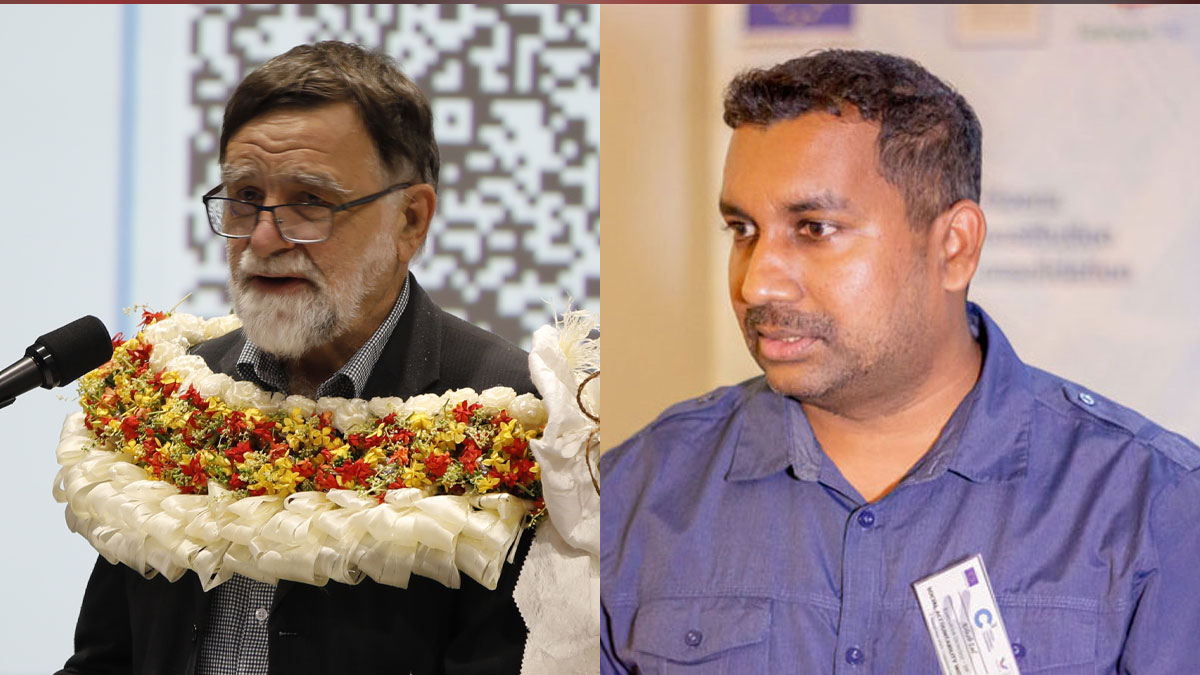
Questions are already being raised by Executive Director of Dialogue Fiji, Nilesh Lal on some of the comments made by constitutional expert, Professor Anthony Regan regarding the 2013 Constitution.
Lal says some of Professor Regan’s contentions on the electoral system should not go unchallenged, especially since they are apparently being peddled around as the "gospel truth."
He says of great concern is the fact that some key individuals who will be making critical decisions regarding the future of the Constitution and the electoral system seem to be convinced by the good professor's statements.
Lal says Professor Regan's claim that the electoral system was designed to keep FijiFirst in power is speculative and lacks objective evidence.
He says there is no element of the electoral system that accords undue advantage to any specific party, and the 'rockstar' effect observed in recent Fijian elections, where popular leaders attract votes, is a natural outcome in many democracies.
Lal says it is important to point out that nothing in the current electoral system prevents any party, whether it is an incumbent or challenger party, from fielding rockstars, so saying that the electoral system is designed to favour FijiFirst is not correct.
He adds any party can field ‘rockstar candidates’ and in any election, it is in fact good strategy to do so”.
Lal says Professor Regan contends that the concentration of power in two individuals (Prime Minister and Attorney General) under the FijiFirst regime was a consequence of the electoral system, which is incorrect.
He says the concentration of power was not a result of the electoral system but was instead due to broader political dynamics, the constitutional framework, and the prevailing political culture.
The Dialogue Fiji Executive Director says the structure of the electoral system itself does not inherently centralise power; rather, it is how political power is exercised within the given constitutional and cultural context that leads to such outcomes.
He says in the case of FijiFirst, it was internal party dynamics and party structures including its authoritarian constitution that concentrated power into the hands of two people, and had nothing to do with Fiji’s electoral system.
Lal says as an organisation that has researched and published on various aspects of Fiji’s electoral system, it is important to provide a balanced perspective, and address the misconceptions that appear to have been propagated by Professor Regan's assertions.
He says proportional representation is the most popular electoral system in the world, and for good reason.
Lal says Professor Regan criticises the coattail effect, suggesting that members elected with minimal votes are a negative outcome of the system however, it is important to understand that the proportional representation system's core principle is proportionality between parties, and not proportionality between individual candidates.
He adds the aggregate vote share of a party determines its representation in the legislature, a mechanism widely recognised as fairer compared to majoritarian systems.
Lal noted that while it is true that single national constituencies can weaken the direct ties between representatives and specific geographic areas, this does not inherently lead to poor governance.
He says on one hand whilst this can be seen as negative, on the other hand, it can be argued that it ensures that representatives are accountable to the nation as a whole, promoting broader, more inclusive policy making.
Lal says electoral system design is one of the most technical areas of political science, and it is important that we engage experts in the field so that the matter is given proper treatment.
Stay tuned for the latest news on our radio stations

